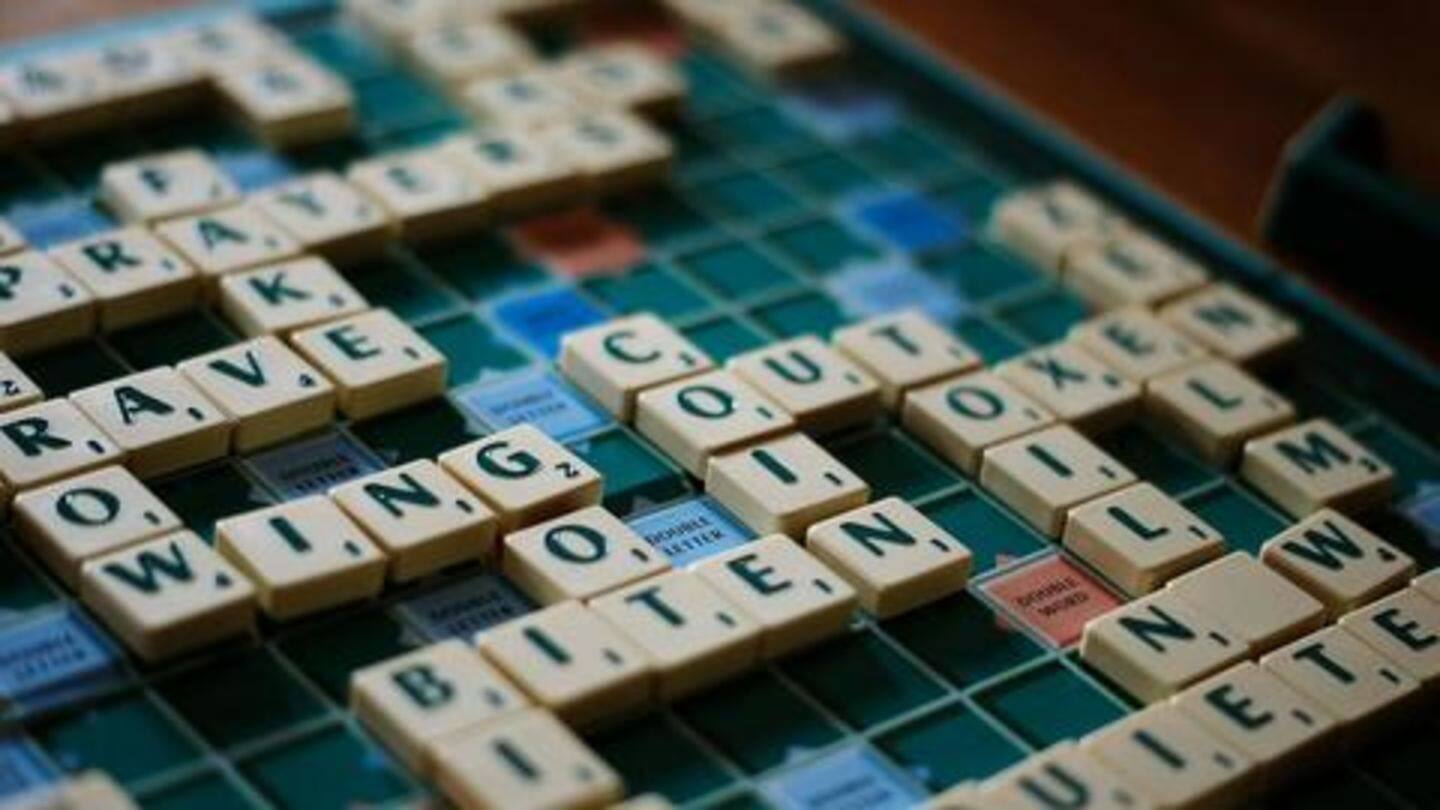
'Mansplain,' 'OK,' 'genderqueer,' now included in Scrabble dictionary
What's the story
If you are a traditionalist in the linguistic domain (yes, people who say 'whilst' instead of 'while,' I'm looking at you), you might start to despise English Scrabble soon, if you don't already. The popular board game recently updated its vocabulary list to include the modern ~lingo~ if you catch my drift. Chill out! Nobody really says 'lingo' anymore, but here's what has changed.
Details
Scrabble has added around 2,862 words to its dictionary
Scrabble added around 2,862 words to the existing 276,000 spanning slang, political terms, gender identities, etc. So, if someone were to mansplain (13 points) Scrabble's new rules to you, you could hit them with 'incel' (7 points). The new entries include 'yowza,' 'fleek,' 'sharenting,' 'dadbod,' 'bae,' and the 27-pointer 'hackerazzo.' Scrabble now recognizes three two-letter words: 'OK,' 'ew,' and the gender-neutral pronoun 'ze'.
Get woke
Scrabble embraces political and gender-inclusive terms like 'genderqueer,' 'agender,' 'misgender'
If those offend you somehow, there's no need to get your Scrabble tiles in a bunch. Apart from the slangs used in common parlance, Scrabble has also made an effort to be more gender-inclusive, embracing words like 'genderqueer,' 'agender,' 'misgender,' and 'transphobia.' Scrabble now also recognizes the words 'antivaxxer,' 'burquini,' 'aquafaba' (an egg white substitute used by vegans), anti-fascism group 'Antifa,' 'manspreading,' and 'shebagging.'
Did you know
Scrabble was created by an unemployed American architect
Scrabble came to life back in the 1930s when an unemployed American architect named Alfred Mosher Butts set out to create a board game. Legend has it that Butts used The New York Times' front page to calculate how frequently each word was used and then used this knowledge to designate points. In collaboration with entrepreneur James Brunot, Butts coined the name 'Scrabble'.